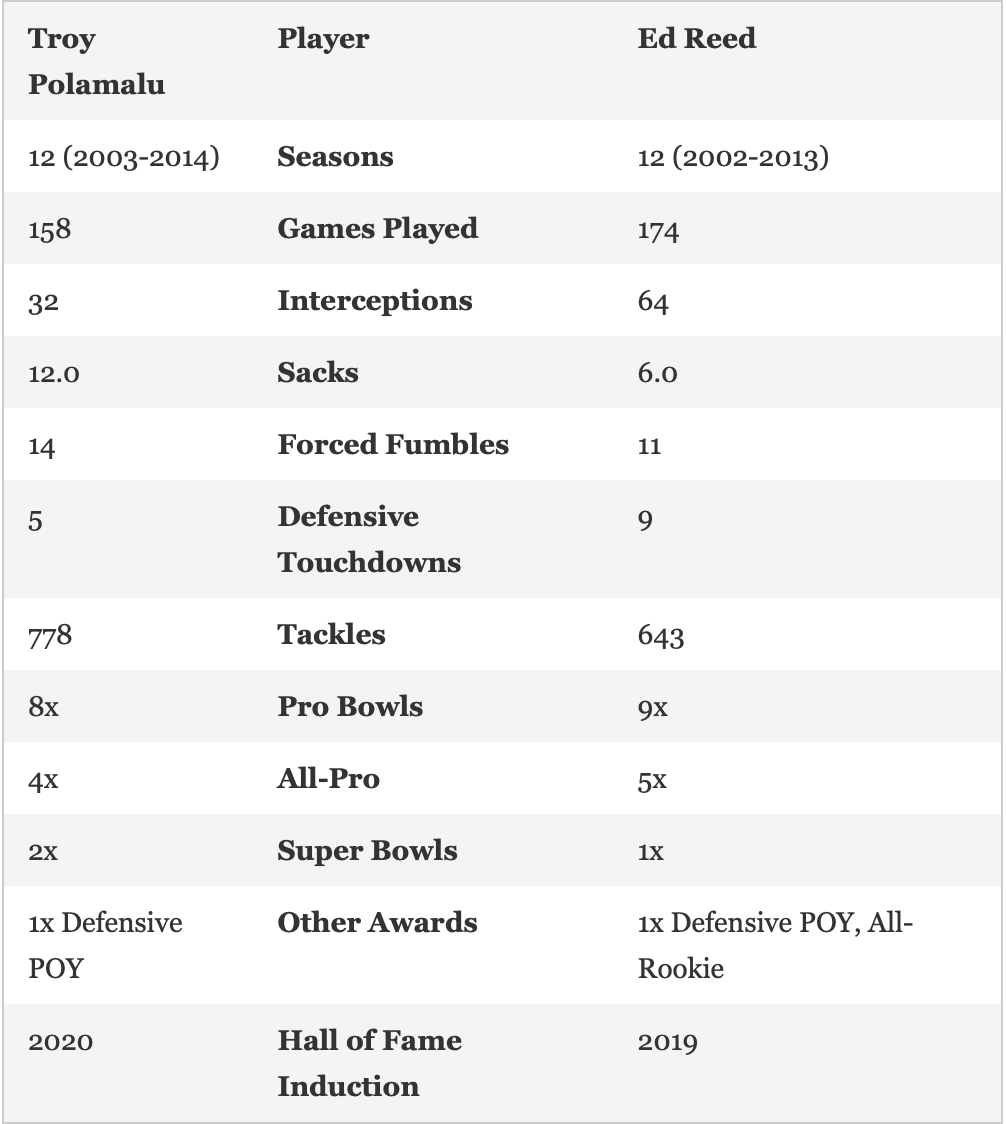The NFL 100
A few weeks ago now, the NFL got some experts on the NFL together with a singular purpose: decide the all time roster for the NFL All Time Team. The hosts of the show were
Bill Belichick
Cris Collinsworth
and Rich Eisen.
The panel consisted of 26 people, including players, coaches, media members, and sports executives. I can say that I personally did not watch the show, I forgot it was on in the first place, but after the team was unveiled, I did go take a look at the squad.
I have to say, they did a damn good job of selecting the team. I think they got almost every position correct, and reached back in time to grab some of the legends lost by time. People may not remember Gale Sayers, Jim Brown, Otto Graham, or Dick “Night Train” Lane, but as a slight historian on the NFL (although I’m much better with the NBA), I know the name, and the greatness associated with them. They deserve to be there, and we have to remember NOT to be prisoners of the moment, and give the greats from time past their time.
However.
There are two glaring mistakes that I can see with the NFL 100 list, and I want to dive into them a little bit.
1st: Why the hell is Terrell Owens NOT ON THIS LIST?
Let’s be real for a second. T.O. was a first ballot hall of fame who wasn’t voted in because of his reputation. He was known as a locker room cancer who was capable of destroying teams from within. That may be true, but when he was on the field, T.O. produced at a pace that only two other wide receivers have ever produced at: Jerry Rice and Randy Moss.
Don’t believe me, look at the numbers:
How in the hell does the second best wide receiver, production wise, not make the list over someone like Larry Fitzgerald, Steve Largent, or Raymond Berry. He definitely deserves to be here. If there was any pushback on T.O. being there, then it could be he dropped a lot of passes that came his way, and there can’t be anything that can be done to refute that, but when the chips were down, and you needed a big play, T.O. would normally come through in the crutch. Take the Super Bowl he played in, right after breaking his leg. He was clearly the best player in that SuperBowl. Long story short, men lie, women lie, numbers don’t.
2nd: Where the hell is Troy Polumalu?
Now I know I may sound biased, being a Pittsburgh Steelers fan, but Troy Polumalu definitely deserves to be on this list. While not as rangy as Ed Reed, he was impactful in his own ways, and had a knack for making the big play in the biggest moments, especially against the main enemies of the Steelers: Browns, Bengals, and Ravens. His numbers are comparable to Ed Reed, except for the interceptions and defensive touchdowns, but he was just as impactful through big plays and timely stops. He deserves to be there.
Opinion: Do you think that these two players should be on the team, or not?
Black History Month Fact:
Nat Turner’s Revolt, August 1831
In August 1831, Nat Turner struck fear into the hearts of white Southerners by leading the only effective slave rebellion in U.S. history. Born on a small plantation in Southampton County, Virginia, Turner inherited a passionate hatred of slavery from his African–born mother and came to see himself as anointed by God to lead his people out of bondage.
In early 1831, Turner took a solar eclipse as a sign that the time for revolution was near, and on the night of August 21, he and a small band of followers killed his owners, the Travis family, and set off toward the town of Jerusalem, where they planned to capture an armory and gather more recruits. The group, which eventually numbered around 75 blacks, killed some 60 whites in two days before armed resistance from local whites and the arrival of state militia forces overwhelmed them just outside Jerusalem. Some 100 enslaved people, including innocent bystanders, lost their lives in the struggle. Turner escaped and spent six weeks on the run before he was captured, tried and hanged.
Oft–exaggerated reports of the insurrection—some said that hundreds of whites had been killed—sparked a wave of anxiety across the South. Several states called special emergency sessions of the legislature, and most strengthened their codes in order to limit the education, movement and assembly of enslaved people. While supporters of slavery pointed to the Turner rebellion as evidence that blacks were inherently inferior barbarians requiring an institution such as slavery to discipline them, the increased repression of southern blacks would strengthen anti–slavery feeling in the North through the 1860s and intensify the regional tensions building toward civil war.






